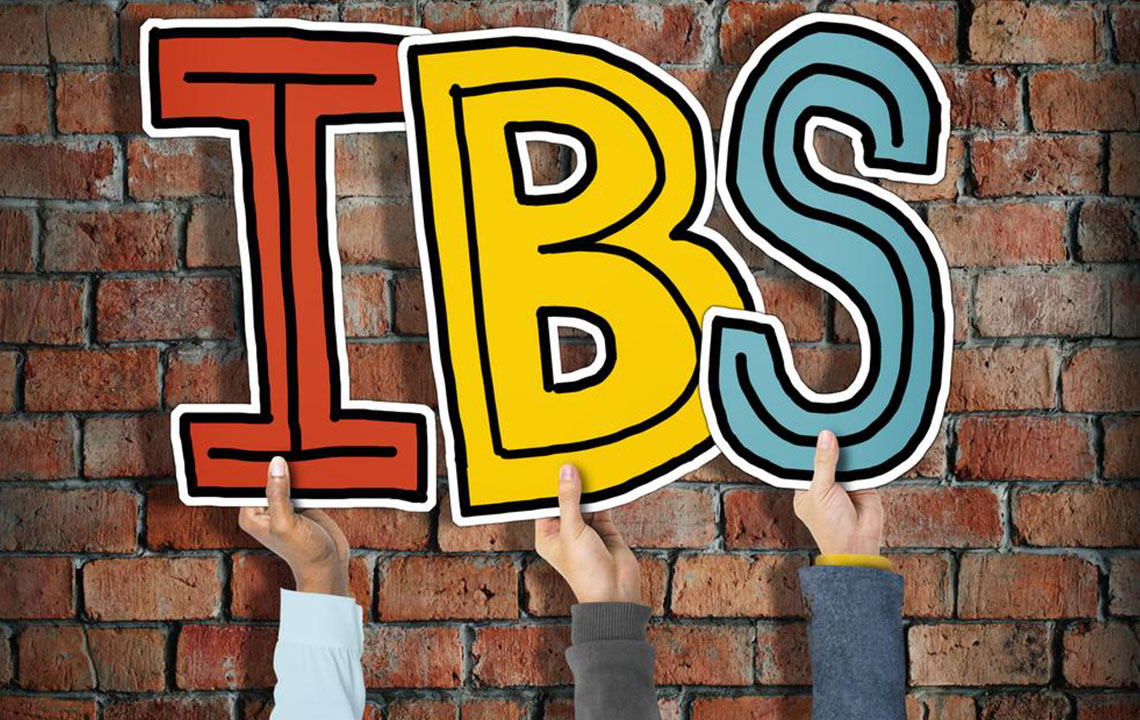Comprehensive Guide to Understanding and Managing Irritable Bowel Syndrome (IBS)
This comprehensive guide offers an in-depth exploration of IBS, including its types, diagnostic procedures, and tailored management strategies. Emphasizing lifestyle modifications, medications, and alternative therapies, it aims to equip readers with valuable knowledge to effectively manage IBS and improve their quality of life. Ongoing research and emerging treatments promise better future solutions for those suffering from this challenging condition.

In-Depth Exploration of IBS Types and Effective Strategies for Management
Irritable Bowel Syndrome (IBS) is a common functional gastrointestinal disorder that affects a significant portion of the adult population worldwide, with estimates indicating that approximately 10-15% of adults in the United States experience its symptoms at some point in their lives. Characterized by chronic abdominal discomfort, bloating, and irregular bowel habits, IBS can substantially impact quality of life. While it is a benign condition, its persistent symptoms necessitate proper understanding, diagnosis, and management.
Understanding the Classifications of IBS
IBS is not a one-size-fits-all diagnosis; instead, it comprises several subtypes distinguished by specific bowel movement patterns. Accurate classification is vital for tailoring effective treatment plans. The primary types of IBS include:
IBS-D (Diarrhea-predominant): characterized by frequent episodes of loose or watery stools, often accompanied by urgent bowel movements and abdominal cramping.
IBS-C (Constipation-predominant): marked by infrequent or difficult bowel movements, often with hard, dry stools, and abdominal discomfort.
IBS-M (Mixed): features alternating bouts of diarrhea and constipation, making symptom management more complex.
IBS-U (Unclassified): encompasses patients who do not fit neatly into the other categories but experience irregular bowel habits and discomfort occasionally.
Understanding these subtypes is fundamental because each demands a different approach for effective treatment and symptom relief. Accurate diagnosis helps prevent further complications and ensures patients receive targeted therapy.
If you experience persistent symptoms of IBS, it is crucial to seek medical advice promptly. Healthcare professionals may perform various diagnostic tests to rule out other gastrointestinal conditions and confirm IBS. These tests include:
Flexible sigmoidoscopy: an examination focusing on the lower part of the colon to identify any abnormalities.
Colonoscopy: a comprehensive inspection of the entire colon using a flexible tube equipped with a camera, allowing for detailed visualization and biopsy if needed.
X-ray or CT scan: imaging techniques used to identify any structural issues, inflammations, or other underlying causes contributing to symptoms.
Once a diagnosis of IBS is established, management strategies can be tailored based on the severity and subtype. Mild cases often respond well to lifestyle modifications, whereas more severe cases may require medication and other therapeutic interventions.
Effective Non-Pharmacological and Pharmacological Management of IBS
For individuals with mild symptoms or as supplemental treatment, lifestyle changes are often effective in reducing discomfort and improving quality of life. These include maintaining a balanced diet, managing stress, increasing physical activity, and staying well-hydrated. Dietary modifications such as increasing fiber intake, avoiding trigger foods like caffeine, alcohol, and greasy foods, can significantly alleviate symptoms. Regular exercise has been shown to promote gut motility and reduce stress, which are vital components in managing IBS.
In cases with moderate to severe symptoms, medications frequently play a pivotal role. These can include fiber supplements to improve stool consistency, laxatives for constipation, anti-diarrheal agents for diarrhea, and antidepressants to help with pain and stress management. Recent advancements in medical research have introduced targeted therapies, including serotonin receptor modulators, linaclotide, and rifaximin, which have shown promising results in symptom control and enhancing patients' overall well-being.
Complementary and Alternative Therapies in IBS Management
Beyond conventional medicine, several alternative therapies can support symptom relief. Hypnotherapy and acupuncture have demonstrated effectiveness in reducing abdominal pain and bloating. Natural remedies such as peppermint oil, which has antispasmodic properties, probiotics to restore healthy gut flora, and stress management techniques like mindfulness meditation can be valuable additions to treatment plans.
While these therapies may vary in effectiveness among individuals, many patients find that combining conventional treatments with alternative approaches leads to better long-term outcomes. It is advisable to consult healthcare providers before embarking on any new treatment regimen.
Future Perspectives and Ongoing Research in IBS Treatment
As research continues to evolve, new therapies and a deeper understanding of the gut-brain axis are opening possibilities for more effective and lasting treatments. Researchers are investigating personalized medicine approaches, microbiome modulation, and novel pharmacological agents. Advances such as gut microbe-targeted probiotics or dietary interventions tailored to individual microbiota profiles are promising avenues for future management strategies.
In conclusion, IBS is a complex yet manageable disorder. Accurate diagnosis, tailored treatment plans, lifestyle adjustments, and emerging therapies collectively offer hope for improved quality of life for those affected. Patients are encouraged to work closely with healthcare professionals to develop comprehensive management strategies suitable for their specific symptoms and lifestyle.





